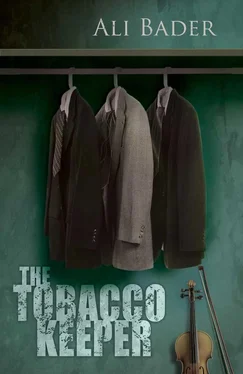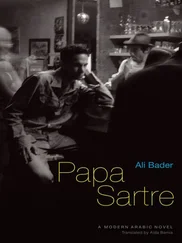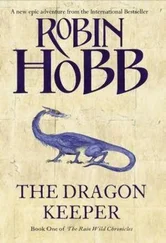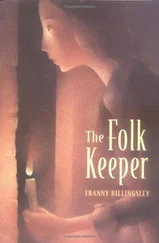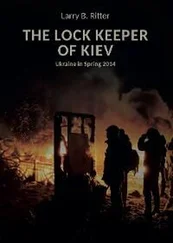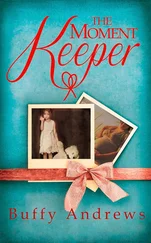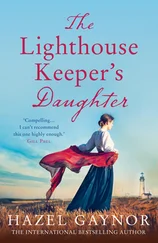Yousef had been urged to find inspiration in the morning splendour of Al-Rashid Street, the city squares with their insane congestion and the noise produced by the black leather carriages with their golden lamps. It meant that he had to find inspiration in large shops, in goldsmiths’ and in the many cafés, on the pavement of the station where the vendors of chickpeas and grilled meat gathered, among the squatting workers and soldiers and the vendors selling single cigarettes. His music had to be drawn from cinema entrances and brothel doorways, from the sight of prostitutes strutting coquettishly in scandalous dresses beneath their black abayas, lifting their hems and walking slowly, noisily chewing gum. He had to find inspiration in Baghdad’s twilight, when thieves, drug addicts and gamblers would gather discreetly in cafés by the river, in mortal fear of khaki-dressed mounted policemen, who wore wide leather belts and hats that looked like knights’ helmets, and who carried black truncheons studded with nails.
Was this what the Russian conductor meant? If it wasn’t, what had he meant by the statement that Yousef should find inspiration among his own people? He continued for days to raise his hands like an axeman and scream in the mirror: What did this Russian conductor with his wine-red face mean by this statement, when he had never been to this country nor seen its people? And what did the Muslim presenter with his dark complexion and Jewish looks mean by the word ‘classical’?
Did it mean that he should represent Baghdad, through musical notes, as a raucous city filled with the noise of workers, craftsmen, rubbish collectors, porters and police?
Or should he distance himself and offer abstractions unconnected with this world or any other?
Yousef never experienced any difficulty in finding inspiration for his music in the simple lives of the people, among his siblings or the image of his little brother, who had died of meningitis at the age of two. He was inspired by the wooden buses on Al-Rashid Street, the sight of dirty Jews in neighbourhoods such as Al-Torah, Abu Dudu and Abu Seifein. He was inspired by people’s talk about the war and about the English artillery that had bombarded Baghdad, by recollections of evening walks by the Tigris, by ruins, by ghosts, by his early years when he was discovering the world, by times of awe and of ineradicable pain. But was that what the Russian musician had meant, who had never seen Iraq nor even knew where it was, when he’d said that a musician should be inspired by his people?
How should he interpret this, when all he wanted was to write sketches, exercises, études and more?
Two images suggested themselves to his mind. The first, conjured up by the Russian conductor, was of music being popular and local, while the second, suggested by the local radio presenter, was of music as a classical art form. The second concept was akin to Alberto Caeiro’s idea in Tobacco Shop , which saw music as expressing nothing and everything at the same time, patterns not ideas, sounds emanating from the essence of existence and not from existence itself. In expressing essence, it had no palpable forms. He had to create music that would force existence to lie prostrate on a table, where he would contemplate it with no fixed ideas; to create a body that did not fade because music does not fade; to create ethereal, eternal feelings, because it is only feelings that cannot disappear; to create music that was like a leap into the unknown, music that was elevated and spiritual. This was the type of music that the radio presenter referred to without understanding what he was saying.
But more importantly…
How could he continue to live in this stifling community? How could he develop and grow in a society that encased him like a hard shell, like a thick, impenetrable skin? First there was the thick layer of family. Then there were the barriers created by the Jewish community in Baghdad during the thirties. Finally there was the fortress built by the Muslim community around the Jewish community.
But without him realising its importance at the time, something momentous happened that was to change his life, transforming the course of his existence once and for all. This was his family’s move, in 1945, out of the self-contained Al-Torah neighbourhood to Al-Rashid Street in Hassan Pasha district.
This was, in fact, the real turning point in his life, and in his personality, defining the nature of his existence in the years to come. But how did it happen?
Yousef moved from the small ghetto to the wide world outside, leaving the anxieties of the closed Jewish neighbourhood behind him. He broke through its thick skin and reached for the sun. It wasn’t easy for him at the beginning, for it was an existential test in the full sense of the word, a test he would remember all his life. He would often try to imagine, with fear in his heart, what it would have been like if he had stayed his whole life in the claustrophobic atmosphere of a ghetto.
Moving out of the neighbourhood represented a significant leap in Yousef’s life. On the one hand, he left the ghetto as a fully formed human being. On the other hand, he left his childhood behind him and was on the threshold of manhood. He no longer wore shorts, as he had done in the old house in the Jewish neighbourhood. He no longer ate the pieces of sugar that his mother brought out of the family cupboard. This was an extremely significant development in his life. For although the Jewish neighbourhood had given him a sense of security, as he mentioned in one of his letters to Farida, it had also instilled the fear of the outside world in his heart. Living in a heterogeneous community was a new test for him. The new environment removed his fear of the outside world and the terror he’d felt living within the confines of the Jewish neighbourhood. In his new home, Yousef learned many things that prepared him to stand on his own two feet. First, he could no longer bear to stay at home for long periods, because it was a sign of being a child. Second, he had to walk proudly and steadily to avoid being regarded as a cowardly Jew; now that he was a broad-chested young man, he walked slowly and proudly. Third, he no longer accompanied his father with his thick cane on his walks on Al-Rashid Street. Gradually he began to feel that he was part of the neighbourhood. He felt that he had taken root in this community and that he was not just a passing visitor. He would invite his Muslim friends to his home, and his mother would rush happily to the kitchen to make coffee in the silver-plated cups that she would take out of the ancient cupboard. Yousef saw with his own eyes how his mother sparkled and her face lit up as she heard him chattering loudly about their Muslim women neighbours.
His new residence also placed him in the middle of the action. It allowed him to see the world, to be among those who witnessed the bands that played on Al-Rashid Street to mark the establishment of the kingdom that year. He saw the military brass bands as they marched up and down the streets. In one of his letters to Farida, dated 1956, he mentioned another band made up of twelve musicians who used to liven up small dance parties at the English Club carnivals and the Laura Khedouri Club. It was the first year that national contests for dabka dancing were organized in the royal gardens. These carnivals were hugely successful despite the threats by clerics to ban them. Muslim alleys competed against each other in traditional wrestling while Christian alleys competed in the manufacture of arak and the organization of bellydancing parties. That year, there were at least three Jewish dancers, as well as two Muslims and one Armenian. For the first time in his life Yousef wooed a Kurdish girl, who lived on Al-Rashid Street. To the surprise of the whole neighbourhood the girl, called Dina, responded to his advances. Yousef, who had never performed live before, conquered his shyness and played the violin in front of an audience. For some reason, there was a shift in inter-communal relations that year. A Muslim officer got engaged to and married a Jewish woman who worked at the Khedouri Sassoon schools. A Christian man married a Jewish woman, while a well-known Jewish man fell in love with his Muslim maid and contemplated suicide when his family rejected his proposal of marriage.
Читать дальше
